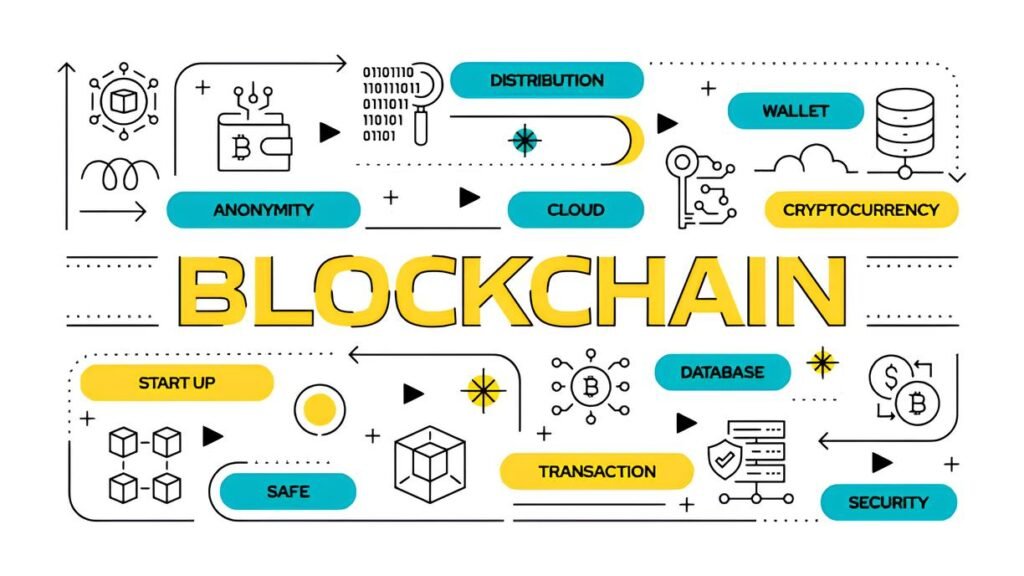Imagine putting your hard-earned money into a cryptocurrency designed to protect your privacy—offering anonymity, untraceability, and freedom from surveillance. Now imagine discovering that the merchant selling that privacy coin is a fraud or worse, a scam operator aiming to steal your investment. This nightmare scenario is more common than many realize in today’s booming privacy coin market. As privacy-focused cryptocurrencies soar in popularity, the landscape is also flooded with fake vendors and illegitimate merchants preying on hopeful buyers.
How can you enjoy the benefits of privacy coins like Monero, ZCash, or others—while steering clear of these deceptive actors? It doesn’t come down to luck. Understanding the subtle signs, using practical verification strategies, and employing a healthy dose of skepticism can protect you from costly mistakes.
In This Article
- Why Privacy Coins Attract Scams and Frauds
- Common Tactics Used by Fake Privacy Coin Merchants
- Detecting Fake Merchants: Red Flags and Warning Signs
- Trusted Platforms and Verification Steps
- Practical Tips to Protect Yourself When Buying Privacy Coins
- Expert Insights on Navigating Privacy Crypto Safely
Why Privacy Coins Attract Scams and Frauds
Privacy coins exist to protect user anonymity on blockchain networks, preventing tracing of transactions or wallet identities. This promise makes them extremely appealing to people who value financial privacy—but also to bad actors seeking to exploit that desire.
Legitimate vendors must often operate with strict compliance to regulations which can complicate their operations. At the same time, fraudulent merchants exploit the complexity and lack of clear regulation by creating fake storefronts, counterfeit tokens, or misleading offers that seem too good to be true. This blend of regulatory ambiguity and sophisticated anonymity tools creates an ideal breeding ground for scams.
Privacy coins, by their nature, make tracking transactions harder. That same feature also makes it challenging for victims to trace stolen funds. Unfortunately, this reduces the chances of recovery and law enforcement intervention, emboldening scammers further.
Common Tactics Used by Fake Privacy Coin Merchants
Knowing how fake merchants operate helps you spot trouble before it starts. Here are some widely used tactics:
- Phony Websites and Social Media Profiles: Fake shops often have superficially professional sites but with inconsistent branding, awkward language, or unclear contact details.
- False Endorsements and Reviews: They post fake testimonials or manipulate ratings to build false trust.
- Push for Quick Decisions: Pressure tactics like limited-time offers or “exclusive” deals to rush buyers into sending crypto without thorough research.
- Unverified Wallet Addresses: Providing wallet addresses that don’t match official coin repositories or have never been publicly verified.
- Smoke Screens with Complex Jargon: Using excessive technical terms to confuse buyers, making it harder to question the offer.
- Fake Customer Support: Chatbots or impersonators claiming legitimacy but providing inconsistent or evasive answers.
Many fake merchant sites mimic official URLs by adding slight misspellings or extra characters. Always double-check web addresses carefully.
Detecting Fake Merchants: Red Flags and Warning Signs
Avoiding fake merchants requires vigilance. Here are telltale signs that something is likely off:
- Unrealistically Low Prices: Offers that price privacy coins far below market value should raise suspicion immediately.
- Lack of Verifiable Contact Information: Legitimate merchants typically provide multiple verified ways to get in touch, including PGP-signed emails or official social media accounts.
- Refusal to Provide Proof of Reserves or Transactions: Transparency is key. Refusal to confirm wallet ownership or share transaction records is a major red flag.
- No Community Presence: Fake vendors tend to avoid or get banned from reputable forums such as darknet marketplaces or privacy coin subreddits.
- Pressure to Use Untraceable Payment Methods Only: Demanding payment only in cryptocurrencies with no possibility for chargebacks may be a scam tactic.
- Suspicious Domain Registration Details: Whois data showing recent registration, privacy protection services, or unverifiable owners.
Learning to spot these signs is crucial, especially since many vendors genuinely want to protect your privacy by limiting exposure—but fakes use these excuses as cover.
Trusted Platforms and Verification Steps
To bypass bogus merchants, stick to well-known and vetted platforms with strong user feedback systems. Privacy coin transactions happen frequently on established marketplaces and exchanges that enforce identity checks or KYC policies designed for compliance—though some retain privacy options.
Here are steps you can take before transacting:
- Verify PGP keys and Signatures: Many legitimate sellers provide PGP signatures for communication or wallet authentication. Learning how to verify a PGP key without revealing yourself boosts trust.
- Cross-reference Wallet Addresses: Use blockchain explorers and official repositories to check if wallet addresses belong to real vendors.
- Check Reputation on Forums: Sites like Bitcointalk, Reddit privacy coin communities, and darknet forums often have vendor ratings and scam alerts.
- Use Escrow Services: Opt for transactions involving multisignature wallets or escrow platforms that hold funds until delivery is confirmed.
- Ask for Small Test Transactions: Before committing significant sums, request a small transfer to ensure legitimacy and that the coin arrives.
Practical Tips to Protect Yourself When Buying Privacy Coins
Smart preparation can mean the difference between a smooth transaction and an irreversible loss. Consider these practical strategies:
- Always Use Anonymous Browsing: Access merchant sites via Tor or trusted VPNs with proven no-log policies and obfuscation to prevent surveillance of your activity.
- Maintain Separate Wallets: Use dedicated wallets for privacy coin purchases separate from daily-use wallets to limit exposure.
- Verify All Communications: Confirm merchant profiles through multiple channels, especially when details don’t match perfectly.
- Beware Social Engineering: Scammers may attempt to build trust personally or over time. Keep all your security protocols intact.
- Enable Multi-Factor Authentication and Encryption: Protect accounts linked to purchases against phishing or hacking attempts.
- Stay Updated on Industry News: Scams evolve rapidly; staying informed is your best shield.
When in doubt, seek advice from privacy crypto communities and forums before sending funds. Collective knowledge often reveals scams early.
Expert Insights on Navigating Privacy Crypto Safely
Michael Tran, a cybersecurity analyst specializing in cryptocurrency privacy, shares this perspective:
“The anonymity that privacy coins provide is a double-edged sword. It empowers users but also makes it easy for bad actors to proliferate scams. Verifying authenticity doesn’t have to be intimidating if you approach it systematically—you start with the merchant’s presence in credible communities, verify cryptographic proofs where possible, and never succumb to pressure to transact quickly.”
Experts consistently recommend layering your privacy and security efforts, including running isolated environments for transactions, careful OPSEC practices to avoid behavioral leaks, and staying vigilant about where data may leak during deals.
To deepen your understanding of privacy coin security, exploring guides on setting up digital pseudonyms or practicing good data hygiene can improve your overall crypto safety posture. These layers complement each other to build resilience against both scams and state surveillance.
Learning to Trust Wisely
Trust online, especially in the cloak-and-dagger world of privacy coins, has to be earned and constantly reassessed. There’s no silver bullet that guarantees safety, but informed caution, combined with verified resources, drastically reduces risks.
In a landscape where privacy is the coin of the realm, staying safe means going beyond just the tech. It means developing a mindset where skepticism is your ally and verification your second nature. Because in the end, when the price is your hard-earned cryptocurrency, you deserve nothing less than absolute certainty before clicking “send.”



